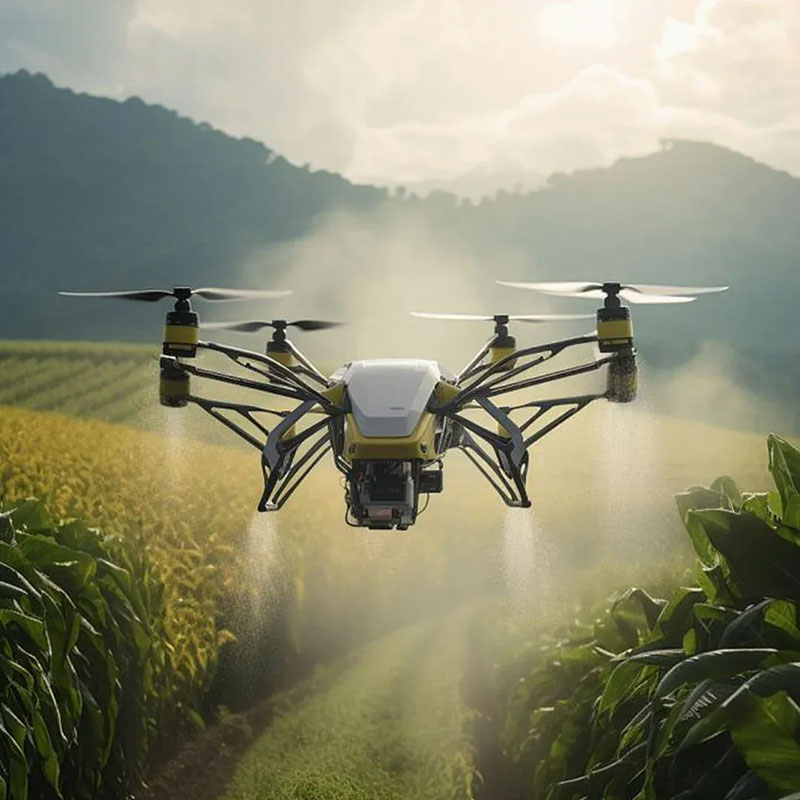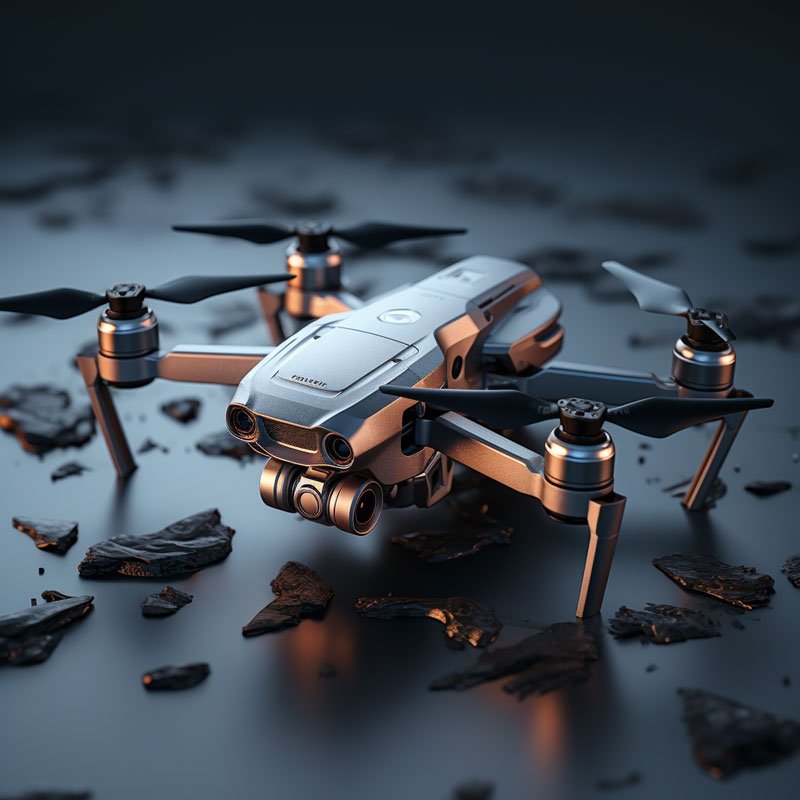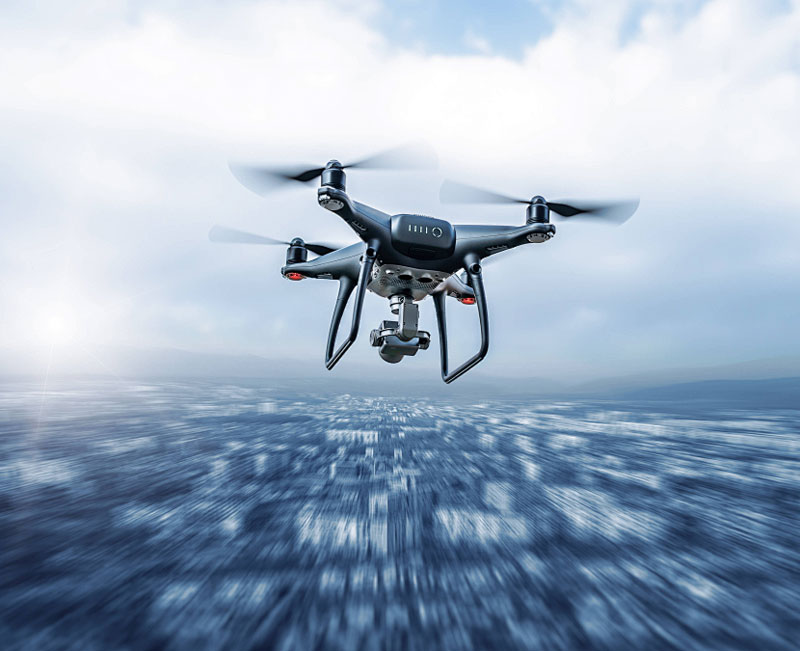In recent years, the use of drones over military bases has garnered significant attention, leading to discussions about their implications and potential threats. These unmanned aerial vehicles (UAVs) possess capabilities that can be both beneficial and detrimental, depending on their application and management. Military bases represent critical infrastructure, housing sensitive operations and personnel that require security and privacy. Therefore, the presence of drones in these areas has sparked discussions regarding the balancing act between technological advancement and safeguarding military secrets.
Understanding the Role of Drones in Military Surveillance
The utilization of drones in military contexts is primarily for surveillance and reconnaissance. These devices can gather intelligence without risking human life, making them a valuable asset. However, the potential for unauthorized drones to infringe upon the airspace of military bases poses security risks. Unauthorized drones could capture sensitive data, possibly leading to the exposure of military strategies and operations, which necessitates stringent measures to counter such threats.
Security Challenges and Countermeasures
Investing in drone technology for military use is not without its challenges. Among the most pressing is the risk posed by civilian or hostile drones inadvertently or intentionally encroaching on military airspace. The implications of drones over military bases include potential sabotage, espionage, or interference with military communications. Consequently, military bases are deploying various counter-drone technologies, including radar systems, signal jammers, and interceptor drones, to ensure airspace security and prevent any breaches.
The regulation of drones near military bases is complex, requiring collaboration between military authorities and regulatory bodies to establish clear guidelines and restrictions. This can involve setting up geofencing measures that restrict drone flights in certain areas and implementing stricter penalties for violations.

Technological Advancements and Ethical Considerations
 Drone technology is continuously evolving, with advancements integrating artificial intelligence and machine learning into UAV systems. These enhancements increase the effectiveness of surveillance and minimize human error, but also introduce ethical considerations. For instance, the question of privacy arises with the capability of drones to conduct extensive surveillance. Military bases must weigh the benefits of drone usage against the potential infringement on individual rights and privacy.
Drone technology is continuously evolving, with advancements integrating artificial intelligence and machine learning into UAV systems. These enhancements increase the effectiveness of surveillance and minimize human error, but also introduce ethical considerations. For instance, the question of privacy arises with the capability of drones to conduct extensive surveillance. Military bases must weigh the benefits of drone usage against the potential infringement on individual rights and privacy.
The military’s reliance on drones necessitates ethical guidelines to ensure responsible usage. Addressing these concerns involves implementing regulations that restrict data collection only to what is necessary for security and operational efficiency. Failure to address these ethical considerations may lead to public distrust and objection to drone usage.
Future Prospects
Looking ahead, drones are likely to become increasingly integrated into all aspects of military operations, from logistical support to combat engagement. Innovation in drone technology promises enhanced security capabilities, such as real-time data processing and autonomous navigation. These developments must be balanced with robust security protocols to mitigate threats, as well as ethical frameworks to guide their use.
The challenge lies in creating a system where technological innovations bolster security without compromising ethical standards or operational secrecy.
As drone technology continues to evolve, it is imperative that military establishments maintain vigilant oversight while embracing these advancements.
FAQ
- Why are drones used over military bases?
- Drones provide efficient and risk-free surveillance capabilities, essential for any military operation requiring constant intelligence gathering.
- What measures are in place to prevent unauthorized drone access?
- Military bases use technologies such as radar, signal jammers, and interceptor drones to detect and prevent unauthorized drones from entering restricted airspace.
- How do ethical considerations affect drone usage?
- Moral guidelines ensure that drones do not infringe on privacy rights and their application strictly adheres to operational and security needs.


In conclusion, the presence of drones over military bases encapsulates a complex relationship between necessity and risk. Balancing effective surveillance with stringent security measures is essential to maximizing the benefits of drone technology while minimizing potential threats.
